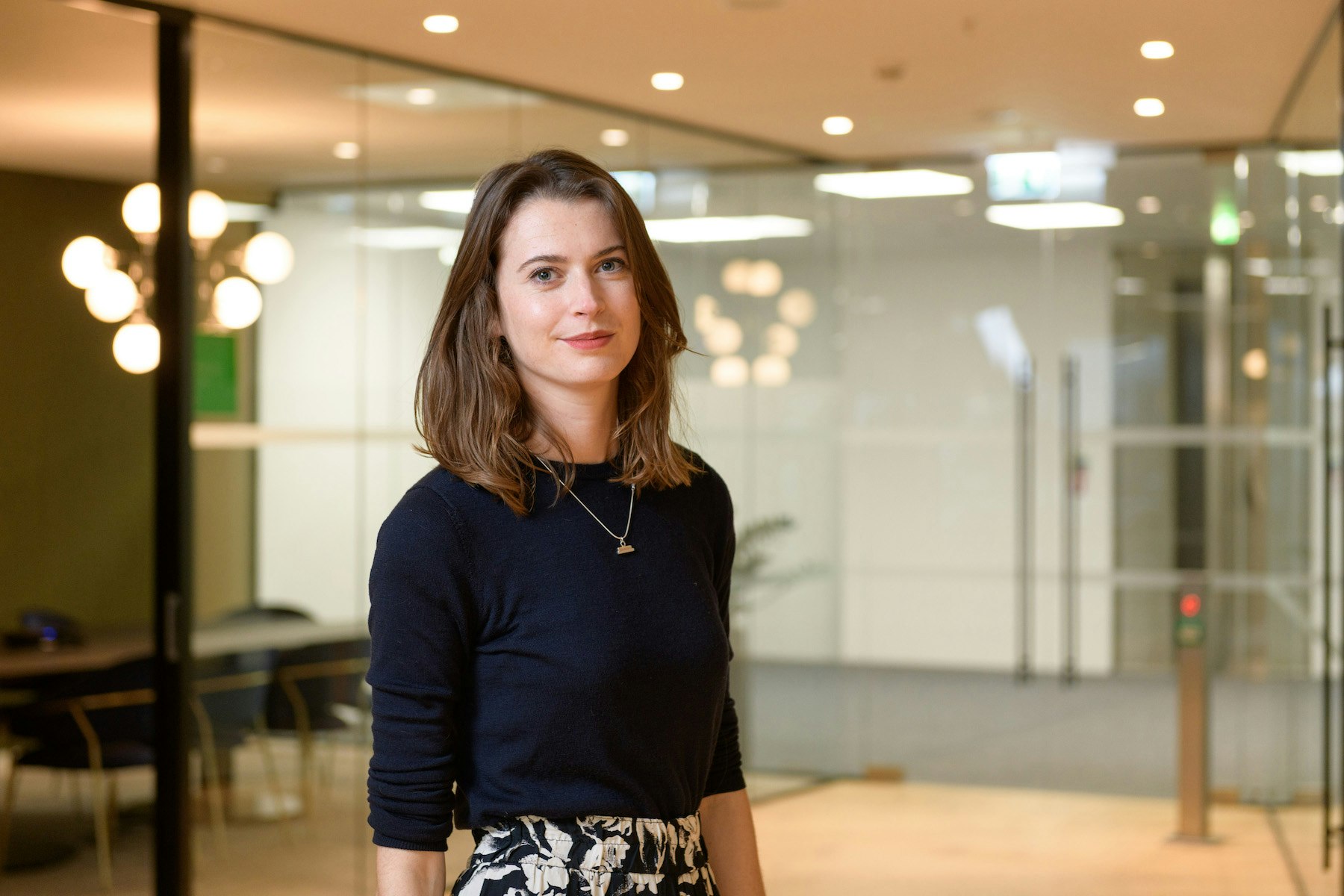Seventy-nine European founders are part of the famed US startup accelerator Y Combinator’s winter cohort this year — compared to 85 in last year’s summer cohort and 72 in the 2022 winter cohort — making up about 13% of the roughly 600 entrepreneurs taking part.
Startup accelerators have fast become something of a right of passage among founders, and in the past few years more than 400 have emerged in Europe alone. Data platform Beauhurst found that 57% of UK unicorns had taken part in one before they hit their $1bn valuation.
Despite all the competition, 18-year-old Y Combinator is still one of the most respected among the global startup and investor community, and in a recent Sifted survey of 20 top-tier European VCs, it was rated as one of the few actually worth taking part in.
The accelerator takes on two cohorts each year, and has been accepting more European founders since it doubled its intake from the region when it went online during the pandemic in 2020.
Although Y Combinator has since shifted back to in-person and encourages founders to travel to San Francisco for the programme, it now says it’s “remote-friendly” and participants can get involved from anywhere in the world.
It also changed its terms last year, as the accelerator announced it would be investing $500k into participating startups — up from $125k — which could potentially give it a larger stake in the companies it backs.
14 Europe-based startups have announced themselves publicly as part of the winter cohort 2023.
SaaS
Defer: Paris-based startup helping developers build apps with “async-based features” — developer speak for saying the app can run several tasks at the same time — without all the laborious work it usually entails.
Gluetrail: This French no-code automation platform allows businesses to aggregate data from multiple sources and create actions like Slack or email alerts. The programme can be used for things like qualifying sales leads and business forecasting.
Depot: A London-based startup building a tool for developers that runs Docker container builders on the cloud — Docker containers hold everything a software needs to work, like code, libraries and system tools.
Versori: A no-code startup from Manchester that helps businesses manage their data. It allows people of any technical ability to do tasks like data migration and integration — meaning companies can avoid turning to sometimes pricey software developers.
Trigger.dev: London-based startup helping developers automate their workflows.
Ivy: London startup Ivy allows developers to run and manage code that would usually only work on separate frameworks in one place.
BuildJet: Berlin-based startup helping developers run their applications faster.
Cloudchipr: Berlin-based SaaS platform allowing businesses to manage and analyse the costs of their cloud infrastructure.
Flower: Hamburg-based startup enabling businesses (it counts Banking Circle, Nokia and Porsche as customers) to train their AI on distributed datasets.
Healthtech and biotech
Sanvivo: Based in Munich, Sanvivo is a marketplace for pharmacies to sell medication online.
Invitris: A Munich-based biotech that turns DNA into synthetic proteins to speed up the drug discovery process.
Consumer
Quazel: This Swiss startup is an app that helps people learn languages. Users can practice conversational skills in a new language by talking to the startup’s AI-driven conversation partner.
Forfeit: A Manchester-based task management app.
Edtech
GoodCourse: The London-based startup is a platform that allows businesses to deliver training in short, TikTok-style videos.
This article was last updated on March 6 2023.


